Ulster County resident dies from EEE, first case in New York since 2015
A person in Ulster County infected with the first human case of eastern equine encephalitis (EEE) in New York since 2015 has died, state officials announced on Monday.
In response to the death, the state has issued a Declaration of Imminent Threat to Public Health to release state resources and urge New Yorkers to follow recommendations to reduce risk of mosquito-borne illness.
Eastern equine encephalitis (EEE) is a rare but severe viral disease spread by infected mosquitoes that can affect people and horses. People of all ages are susceptible to infection, but people over 50 and younger than 15 are at a high risk of acquiring the virus.
In August, a horse in the Town of Newburgh died from EEE. “Until we have a hard frost, people in all areas need to fully protect themselves from mosquito bites when they’re outdoors,” Orange County Health Commissioner Dr. Alicia Pointer said at the time.
According to officials: While most people bitten by an infected mosquito will not develop symptoms, severe cases may begin with the sudden onset of headache, high fever, chills and vomiting. The illness may then progress into disorientation, seizures, encephalitis and coma. Approximately a third of patients who develop EEE die, while many patients who survive EEE experience neurologic impairment.
Other states, including Massachusetts, Vermont, New Jersey, Rhode Island, Wisconsin and New Hampshire, have also reported human EEE cases this year. Eighteen cases of EEE have been in identified in horses across 12 counties in New York State this year.
New York State Health Commissioner Dr. James McDonald said, “Eastern equine encephalitis is different this year. While we normally see these mosquitoes in two to three counties each year, this year they have been in 15 counties so far, and scattered all over New York State. This life-threatening mosquito-borne disease has no commercially available human vaccine and must be taken seriously. Mosquitoes, once a nuisance, are now a threat. I urge all New Yorkers to prevent mosquito bites by using insect repellents, wearing long-sleeved clothing and removing free-standing water near their homes. Fall is officially here, but mosquitoes will be around until we see multiple nights of below freezing temperatures.”
The State Office of Parks, Recreation and Historic Preservation is making mosquito repellent available to park visitors at park offices, visitor centers and campground offices. State Parks is placing signage at Parks and Historic Sites to raise awareness of EEE and consulted with local health departments in affected areas about limiting park hours and camping availability during hours of peak mosquito activity.
There is no commercially available human vaccine for EEE and the best protection is to prevent mosquito bites.
The following precautions are recommended to reduce the risk of infection from EEE and other mosquito-borne illnesses:
Consider wearing long sleeves and tucking pants into socks and shirts into pants when outdoors at dusk or dawn, the time of day when mosquitoes are most active.
Use insect repellents containing DEET. Be sure to follow the insect repellent label directions. Children should not handle repellents directly. Instead, adults should apply repellents to their hands first and then gently spread them on the child's exposed skin. Avoid applying directly to children's hands. After returning indoors, wash your child's treated skin and clothing with soap and water or bathe the child.
Make sure there are screens in the windows and doors of the home. Make sure the screens are free of rips, tears and holes.
Eliminate all standing water in yards and around the home and property where mosquitoes can breed, including plastic containers, pool covers, wading pools, ceramic pots, clogged drainpipes and wheelbarrows. Also, change water in bird baths twice a week.
Advertisement:
Instead of flooding this page with ads, leave us a tip or shop our local makers if you liked this information.

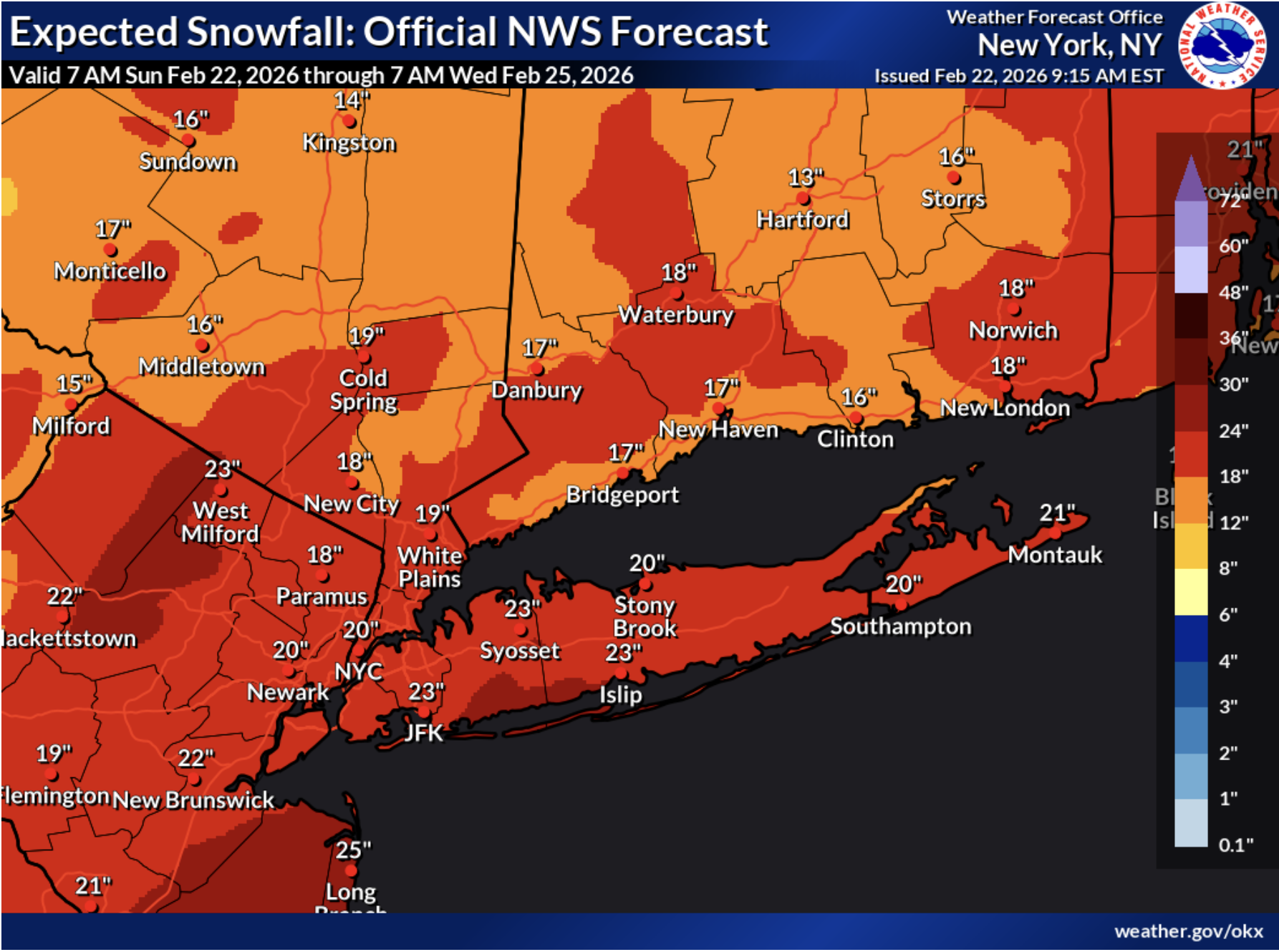
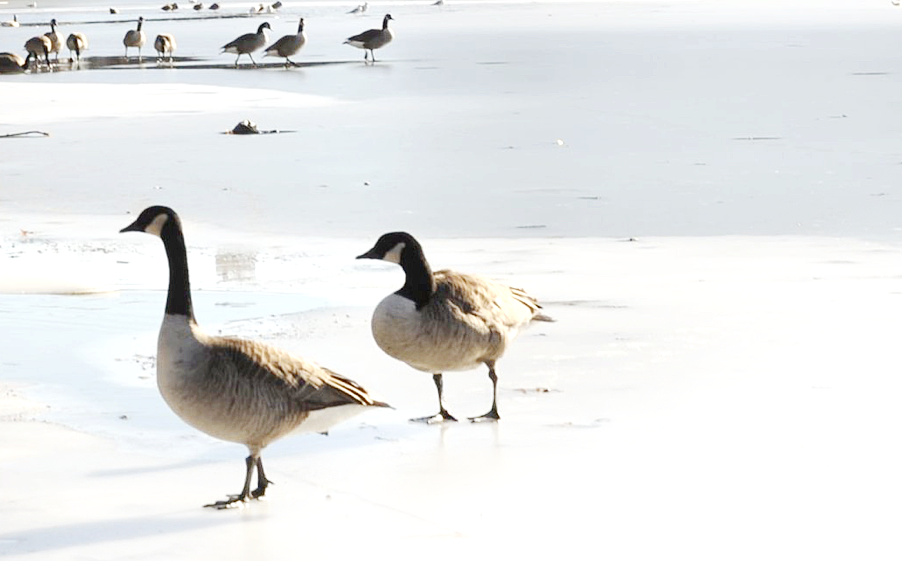
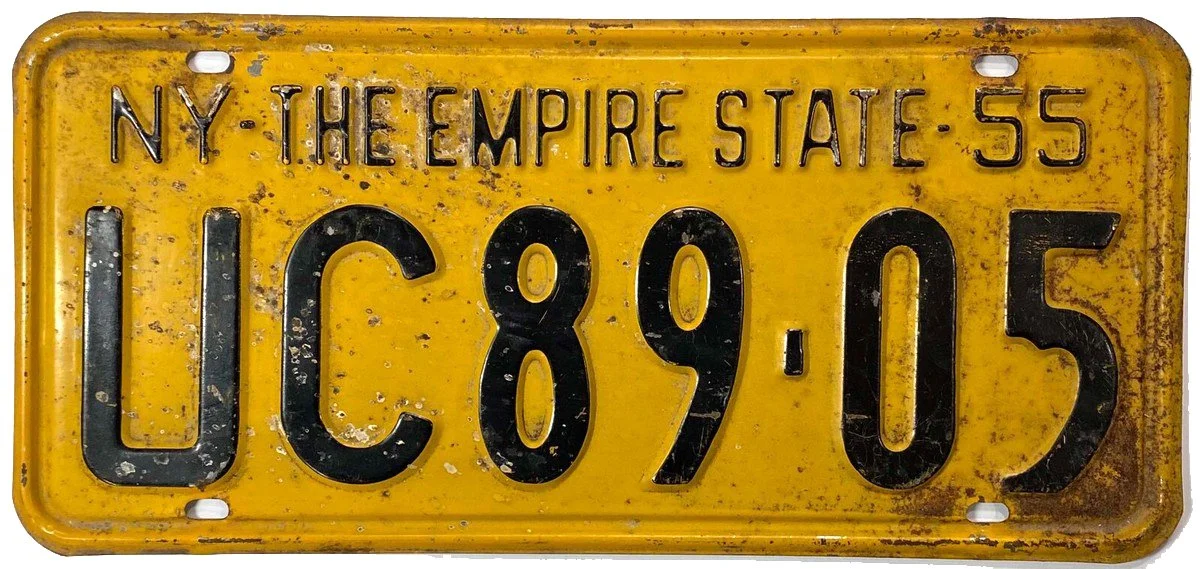
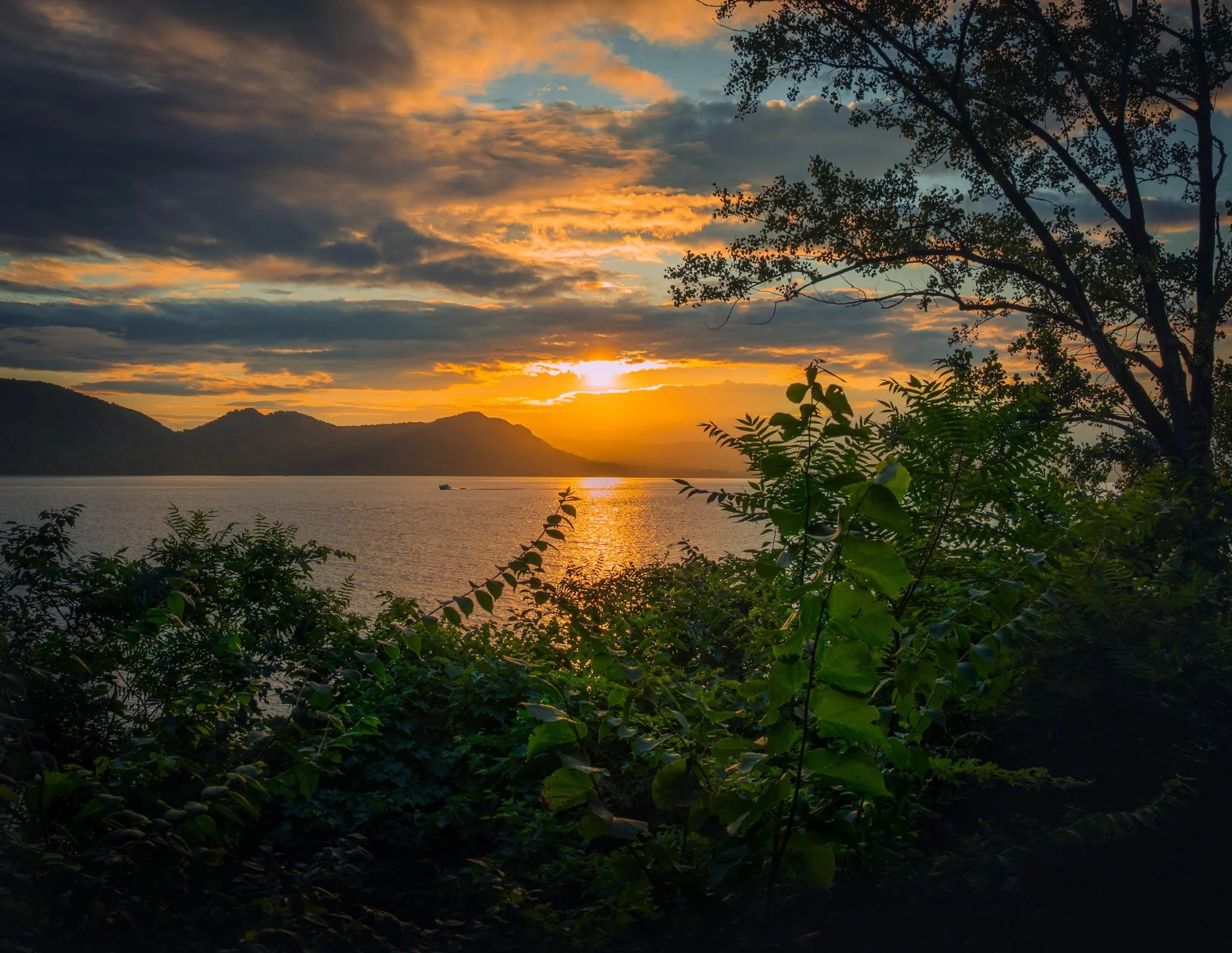
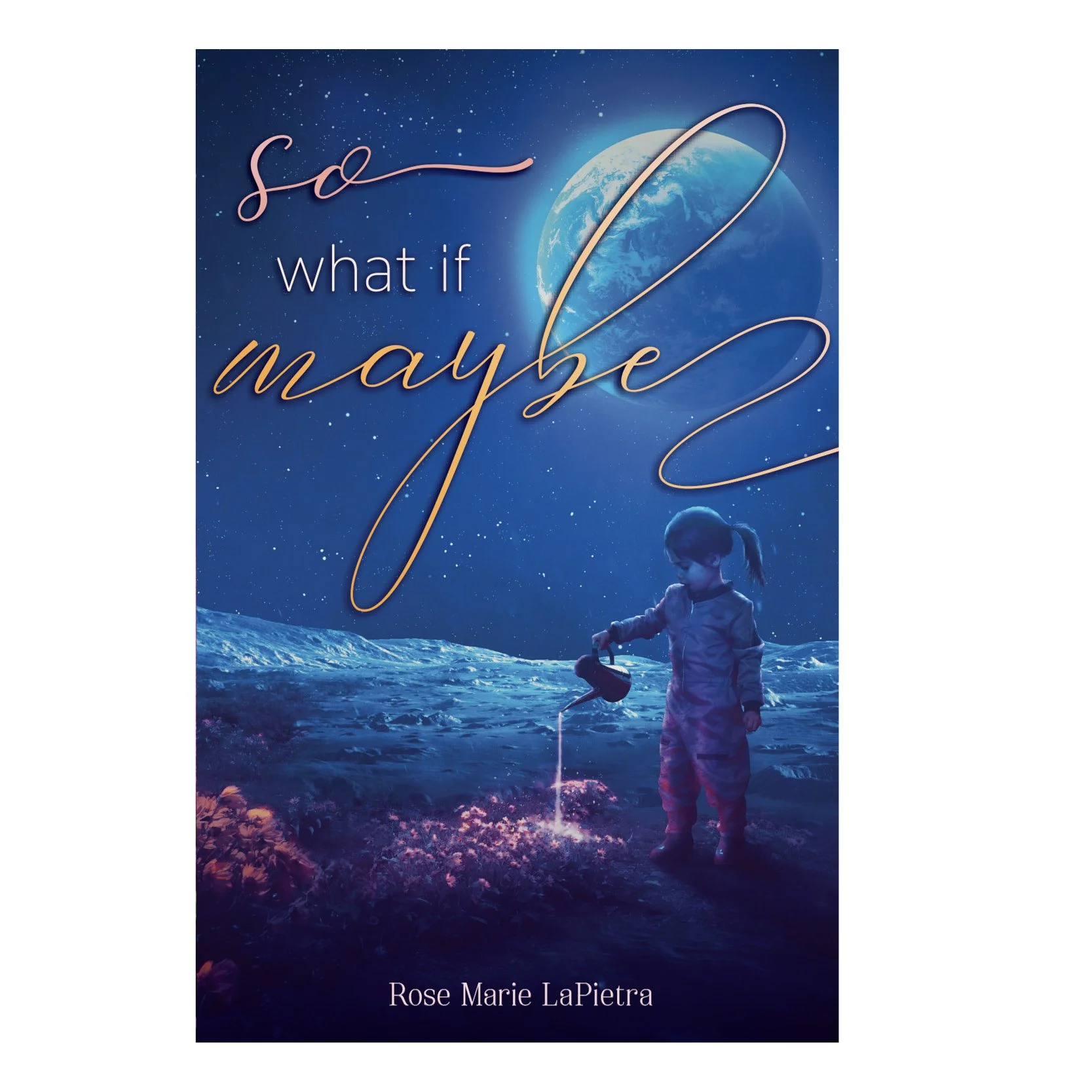
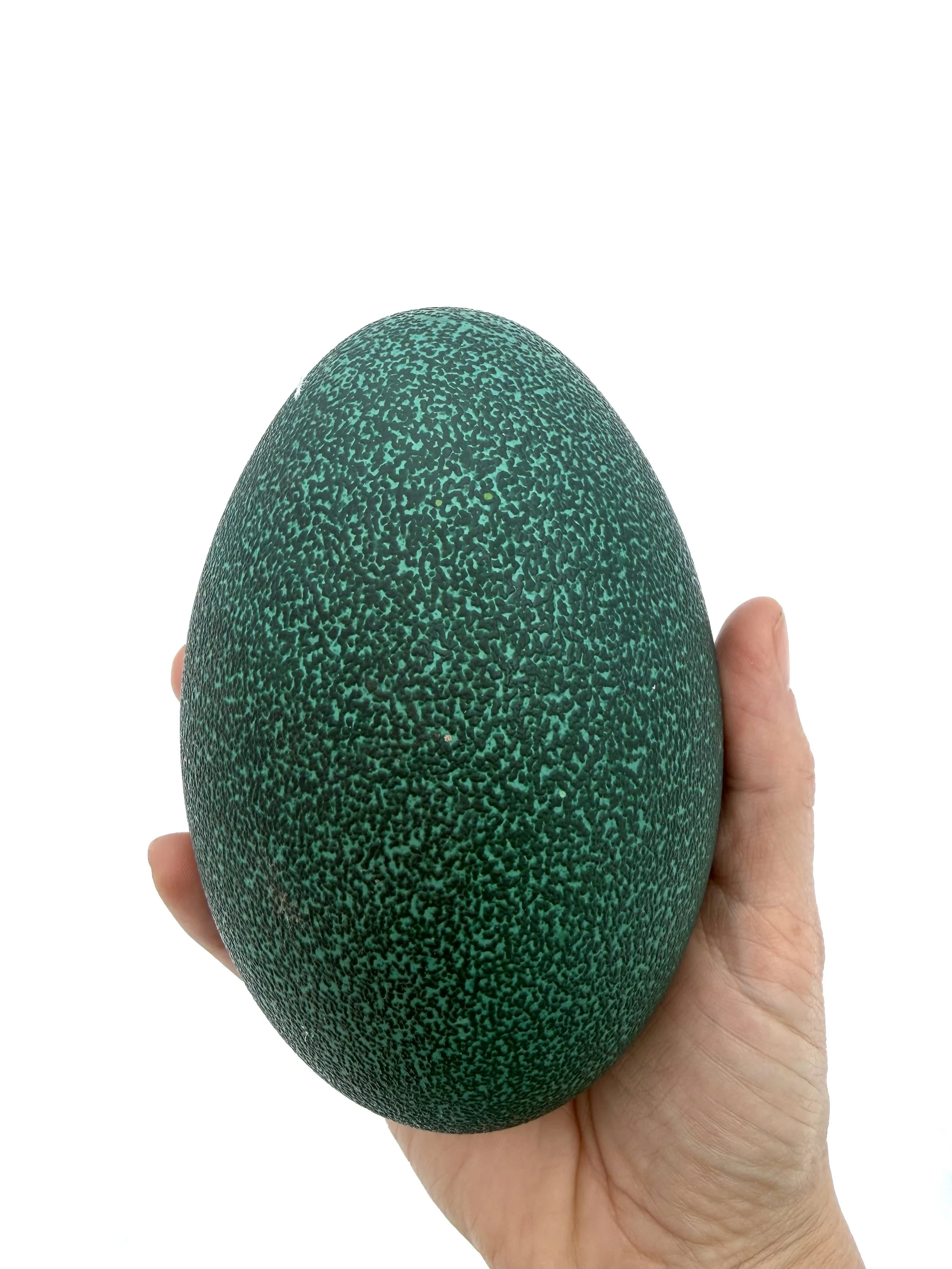


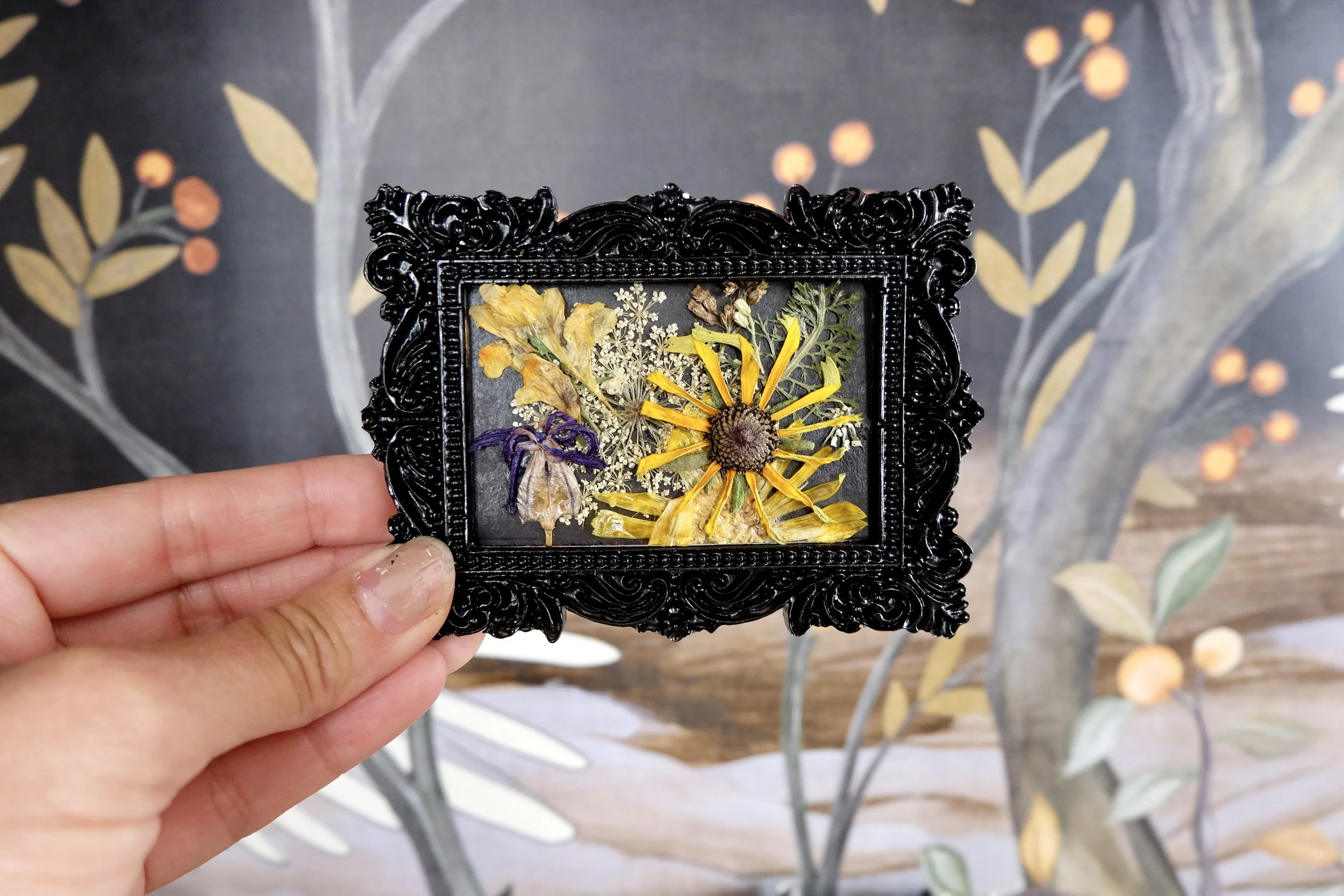

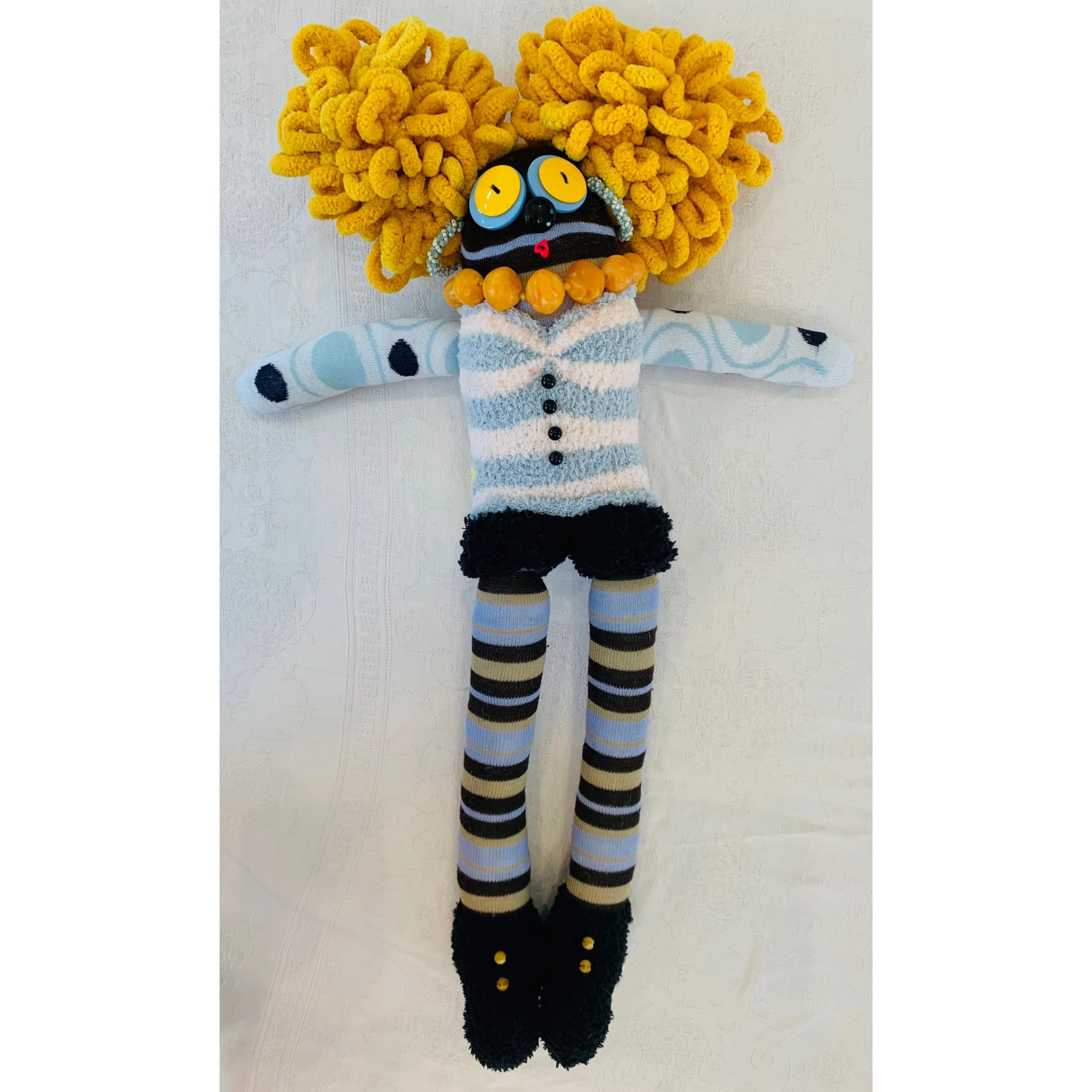
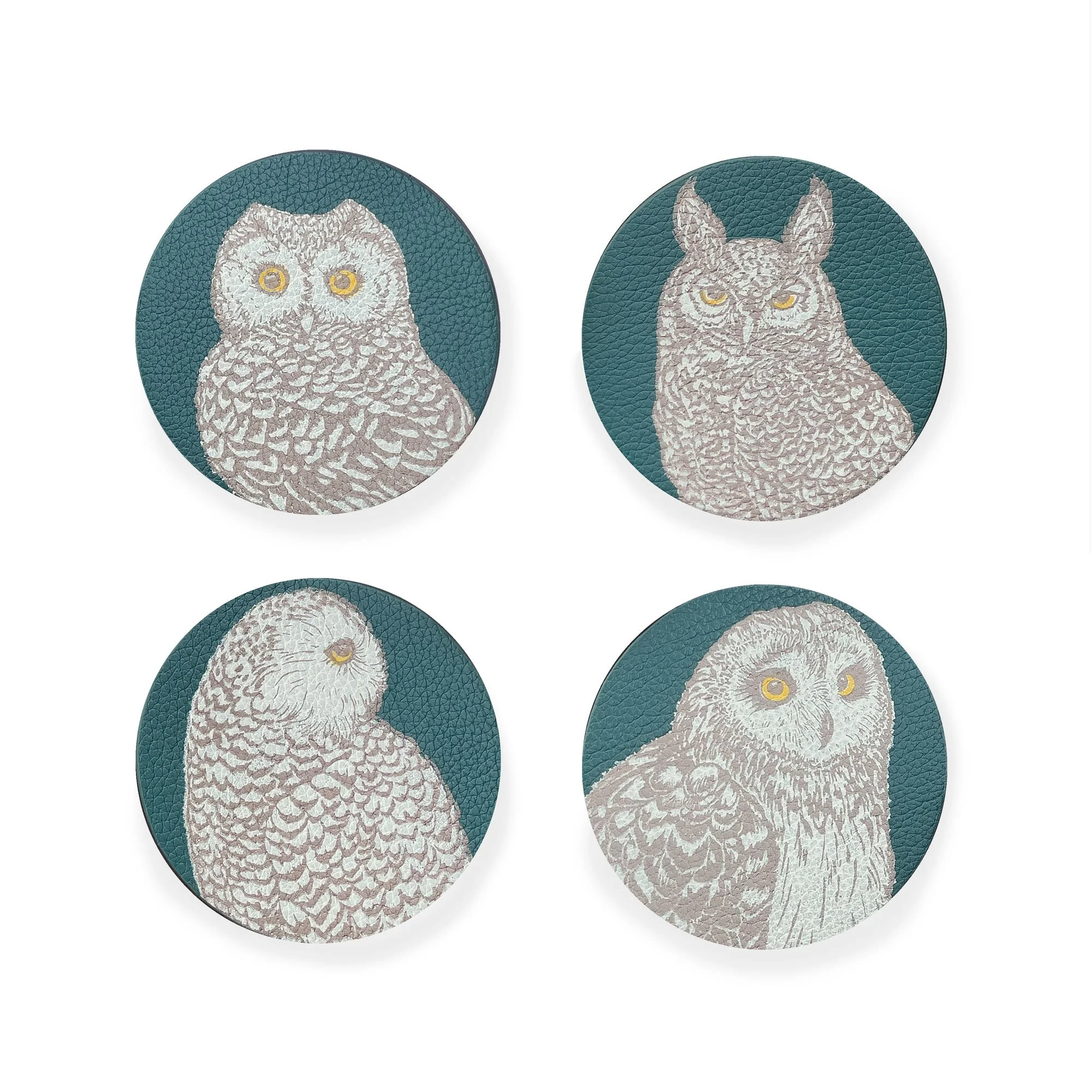
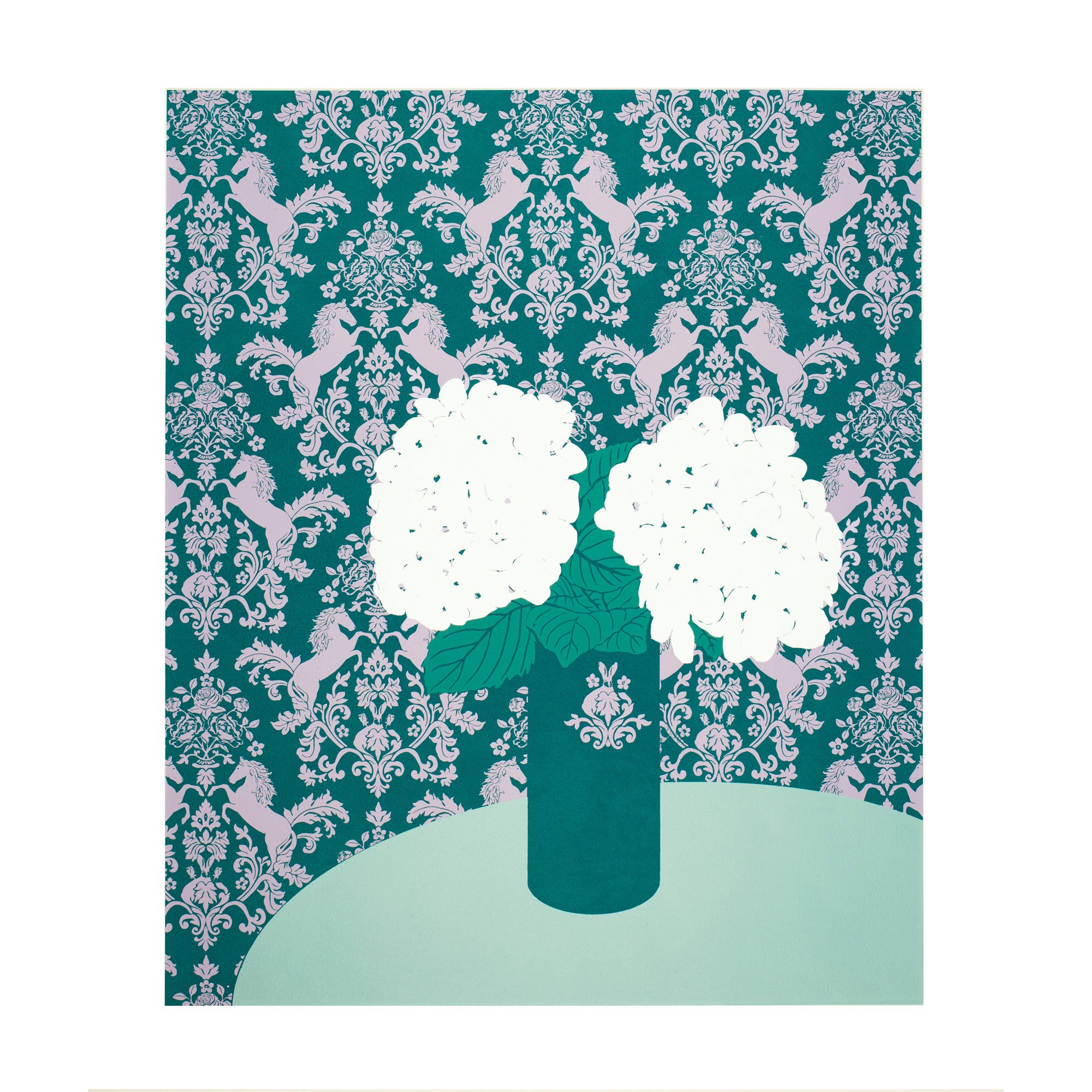
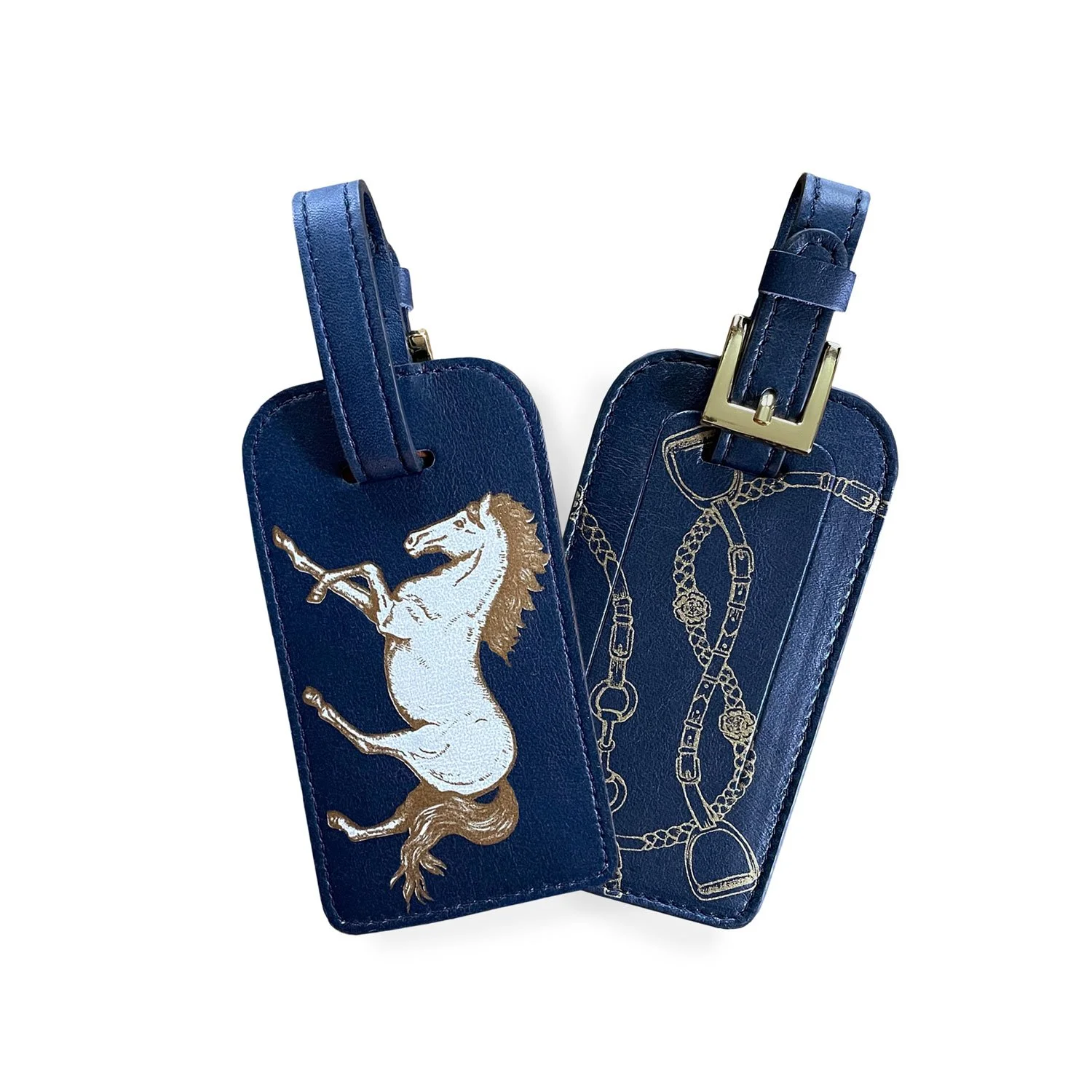














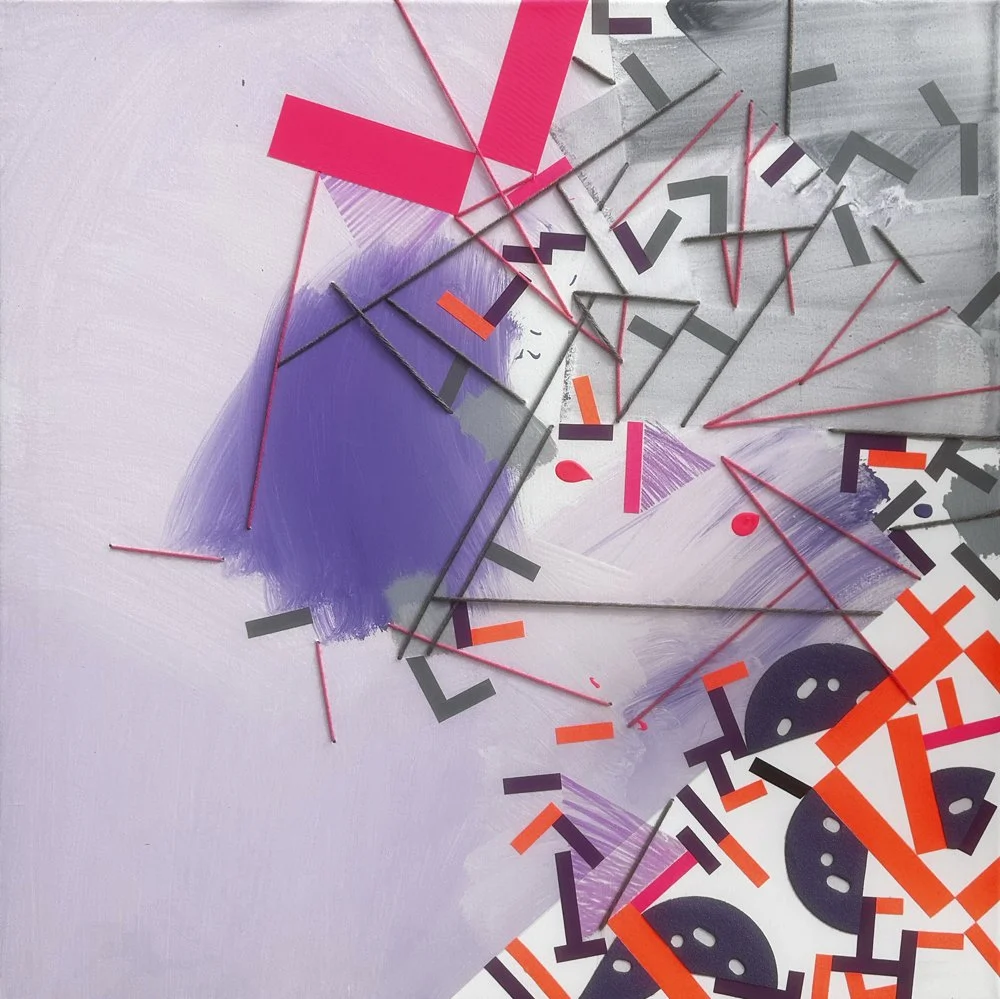



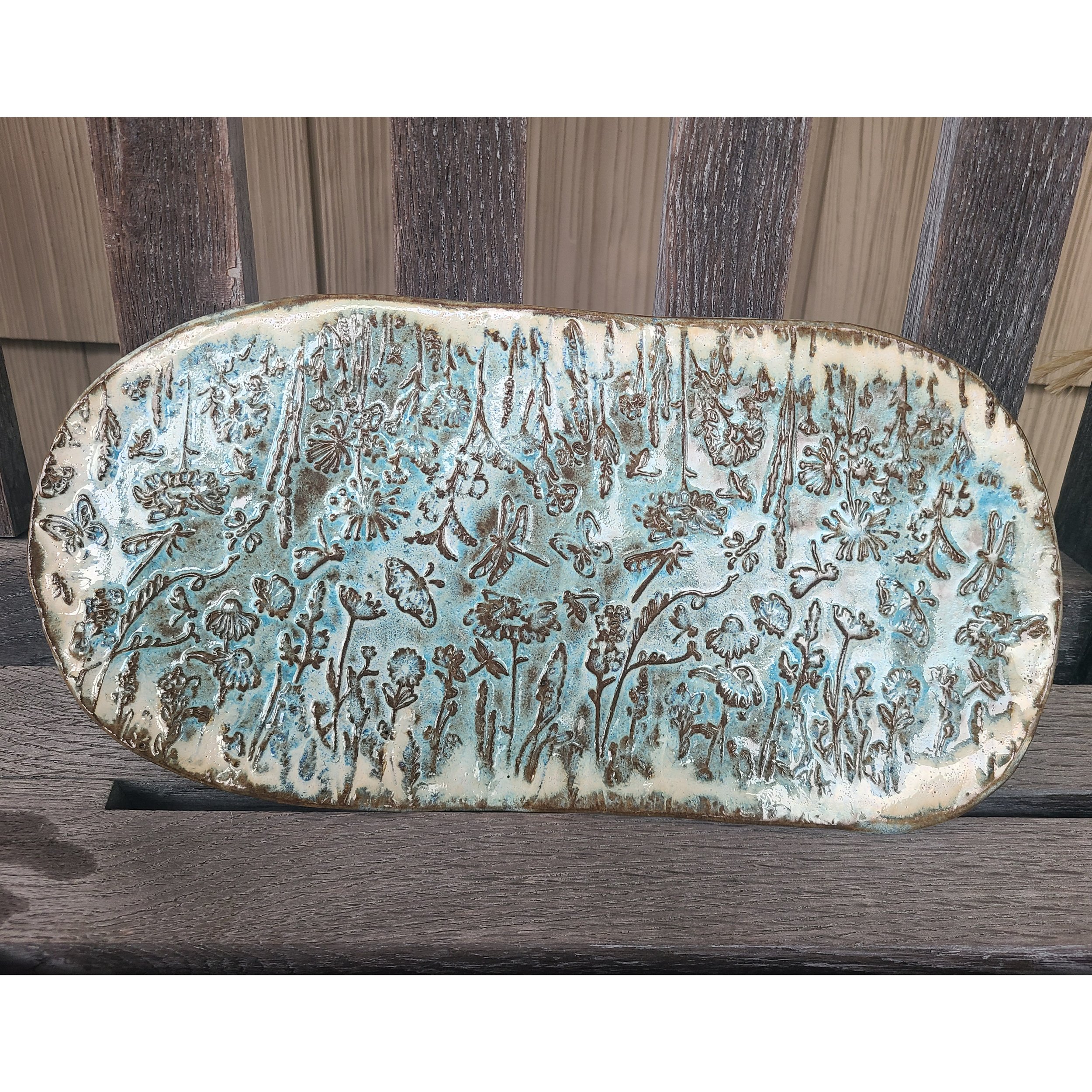
Add an event to the HVNY calendar at hvny.info/share-your-event